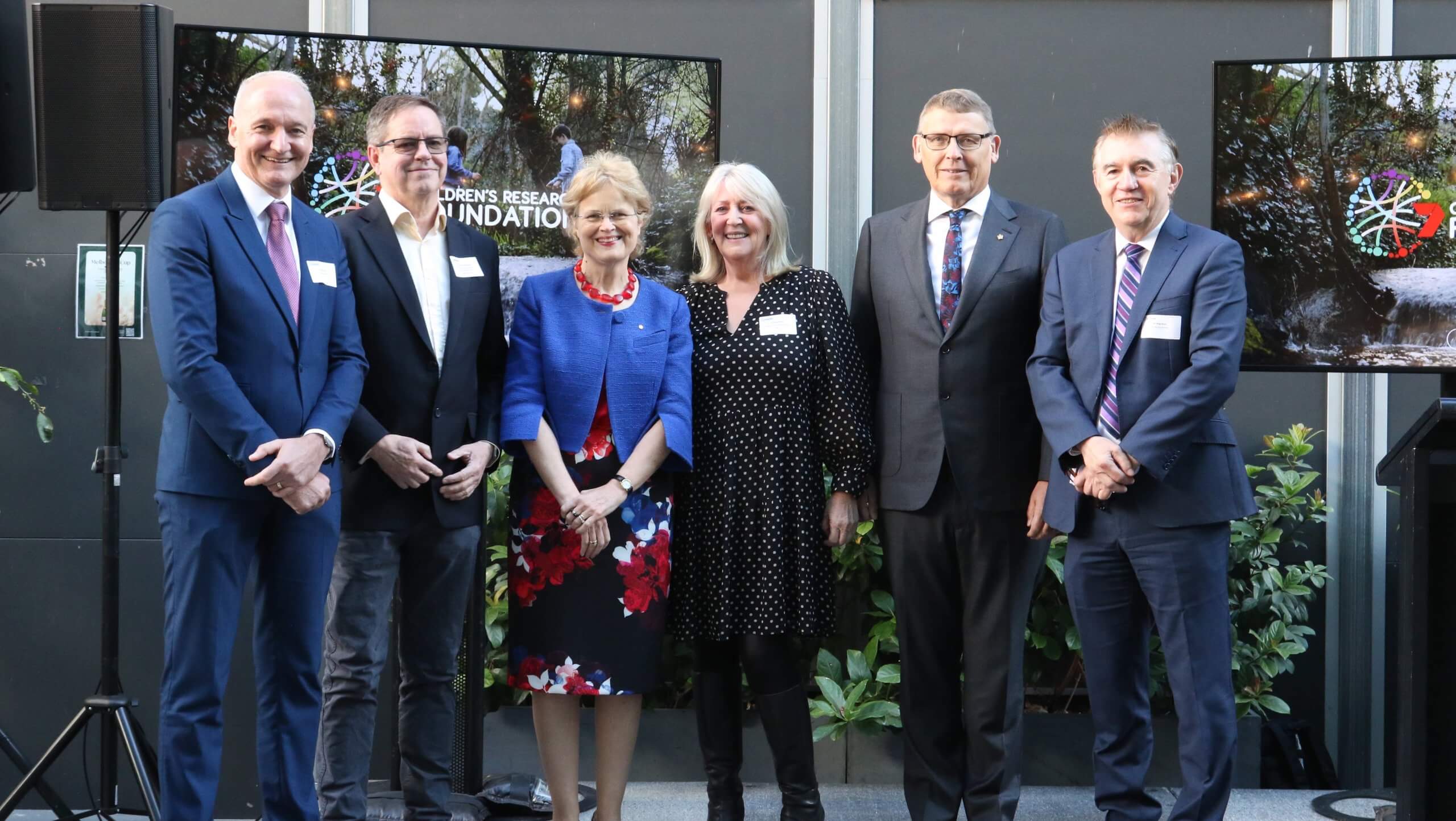
Adolescent mental health and improved ear health services the focus for 2024 CRF PhD Excellence Awards
Yohannes Efa and Lisa Callahan are the Healthy Development Adelaide (HDA) and Channel 7 Children’s Research Foundation (CRF) PhD Excellence Award winners for 2024. CRF’s financial support of the PhD
CRF funds research into zero alcohol products – is it alcohol advertising in disguise?
Zero alcohol products are under the microscope with South Australian researchers asking if they are getting kids hooked on the real thing. 7News Australia reports on this latest research being
Helping or hindering – alcohol in disguise
Alcohol free drinks are being promoted as healthy and safe alternatives to full strength alcohol, but with no regulatory restrictions on their consumption or promotion, what impact are they really
Research for healthy happy kids
Flinders University NEWS, Friday 27 October 2023 Five new Flinders University projects have been funded by the Channel 7 Children’s Research Foundation (CRF) to advance research for the benefit of children in
Awards for ‘Achievement in Children’s Research’ Announced!
(L-R Mr Paul Jury, CRF Chair, A/Prof Tim Chataway (Flinders University), Her Excellency, The Honourable Frances Adamson AC, Governor of South Australia, Dr Jacquie Beall (Director SALHN Child Protection Service),
Alcohol advertising in disguise? How exposure to zero-alcohol products and promotions drives children’s perceptions of alcohol.
Chief Investigator: Dr Ashlea Bartram [Early Career Researcher] Funding Amount : $39,700 Recipient: Flinders University Overview: Zero-alcohol beverages (<0.5% alcohol) resemble alcohol in appearance and taste, often using alcohol brands. These beverages
Young carers from migrant and refugee backgrounds: recognising contributions and supporting mental health and wellbeing.
Chief Investigator: Dr Moira Walsh [Early Career Researcher] Funding Amount : $39,997 Recipient: Flinders University Overview: Young carers are often not centred in research despite their significant contributions. This is especially true
From tank to treatment: Using zebrafish to find therapies for Sanfilippo syndrome childhood dementia and juvenile-onset Parkinson’s disease.
Chief Investigator: Dr Karissa Barthelson Funding Amount : $73,682 Recipient: Flinders University Overview: Our unique research strategy compares gene expression and behaviour patterns using machine learning in zebrafish models of two childhood
Optimising the use of the tripeptide feG for treatment of RSV bronchiolitis and subsequent airway hypersensitivity.
Chief Investigator: A/Prof Dani-Louise Dixon Funding Amount : $99,973 Recipient: Flinders University Overview: Bronchiolitis, the most common severe respiratory tract illness in infants, remains a major cause of hospitalisation in Australia. Currently, there
